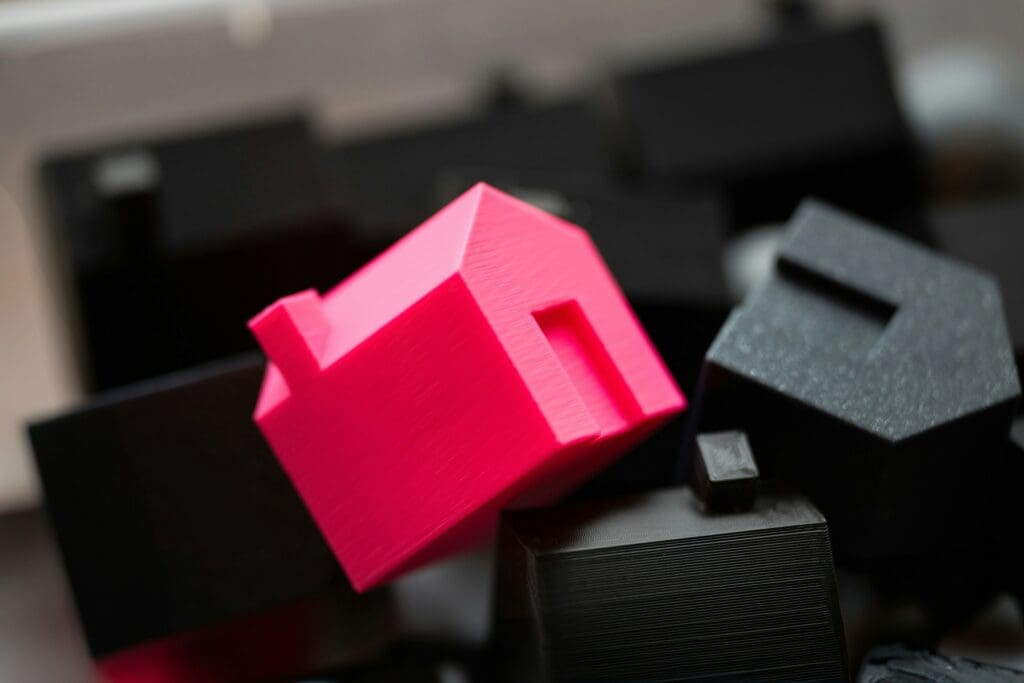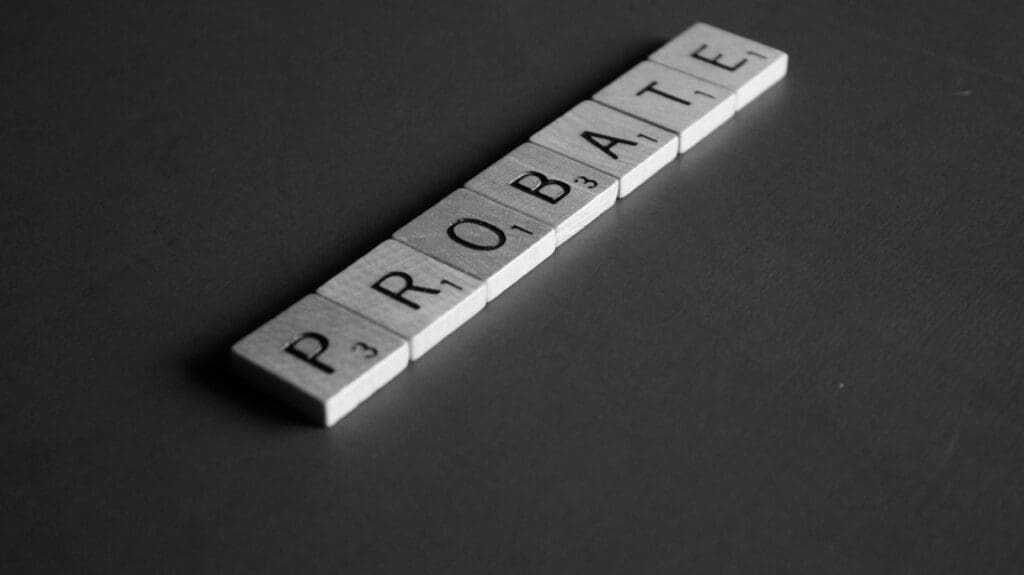What is Service Charge on a Property?

Estimated reading time 7 minutes
There are already plenty of charges associated with living in a property. Your rent or mortgage, your utility bills, council tax, home insurance and depending on whether you live in the property as a leaseholder or freeholder, the service charge. It all mounts up to quite a considerable sum but in most cases, you know where the money is going and what it’s for. All except, perhaps, for the service charge. So, what is a service charge and why do we pay it? In this edition of our blog, we look at service charges and what they cover, along with what may happen if you don’t pay them.
What is a service charge?
A service charge is a payment made by the tenants of the property to a landlord for the upkeep of the freehold building (a block of flats for example), or a dedicated area that may require constant maintenance or cleaning.
Service charges could include ground maintenance for communal gardens, general cleaning of the building, upkeep of car parks and more. This means your service charge could cover costs for:
- Day-to-day maintenance of communal areas
- Electricity costs for lighting, lifts, etc. in communal areas
- Major internal or external alterations
- Specialised services such as locksmiths, alarm servicing etc.
Service charges can apply to rental properties as well as those with a mortgage.
Is a service charge the same as ground rent?
No. A service charge is different from ground rent. Ground rent is a fee paid to the landowner by tenants for using their land. A flat, for example, can never be sold as a freehold as it sits on top of another property, which sits on top of another property which sits on the land. One land space, lots of properties. This means that the freeholder – the person or company that owns the land – charges rent to permit each flat to be on that plot of land.
Why do I pay a service charge?
If you didn’t there could be a lot of areas within your neighbourhood looking unkempt, some facilities not maintained or services not working properly. Renters and homeowners often have many shared areas within the development the freehold has been built upon. This means it is often necessary for these areas or services within them to be funded by those living within the development. Shared gardens, play areas, and even woodland often fall under the items found within service charges.
When you take on a property as a leaseholder, you will be presented with - among all the other paperwork - documentation relating to the service charge share that your property is liable for. Then, at the end of the year, a statement will be given to each leaseholder showing where their payments went, what they covered, and whether more or less money than planned was spent. If less money was spent, you can apply for your share of the credit to be refunded. If more money was spent, you could see your costs for the following year increase to cover the deficit. You’ll see this in the estimate produced at the start of each year. The management company or landlord will send an estimate of what they expect the total service charges to be, and what your portion will amount to.
Can I refuse to pay the leasehold service charge?
If you refuse to pay the service charge for your property, whether you own the property or rent it, you could find yourself in a precarious position. In most cases, you agree to pay the service charge via an agreement on a legal document you would have signed at the start of your time living in the property. This means if you do not pay, you could face legal action from the property management company or the freeholder. The resulting actions could see a CCJ issued and court fees as well as a fine being paid. This could severely harm your opportunities for credit in the future, meaning a mortgage may be impossible and prevent you from buying a new leasehold or even selling your current one.
Refusing to pay could also see the cessation of the services you have been paying for. Whilst it may not be the case for all landlords or management groups, the funds they claim for covering service charges will be significantly depleted if residents do not pay. This could see services cancelled, standards reduced, and as a result the property value decreased.
How much does a service charge normally cost?
The service charge you pay will be based on a variety of factors. Namely, how much it costs to keep the services running and kept in your area. This amount is then apportioned to the properties with a percentage worked out based on the size of the property. This means you can see service charges set at an average of £1,000-£2,000 for a flat in the UK although in London it can be considerably more. The Ringley Group advise that if you are seeing a service charge of close to £5,000, you should contact the managing agent for a detailed breakdown as such costs would be unusual.
What if I feel my service charge is too high?
You may feel that the amount being asked of you is too high or that you shouldn’t be paying for particular aspects of the service charge. If so, you may be able to appeal the service charge amount. You can apply to the First Tier Property Tribunal, a government department that handles property-based disputes such as rent increases and leasehold contracts.
This tribunal can investigate your property and determine whether the charges are fair and what should be included within them.
Before taking it to this level, you should consult your lease for further clarity on what your service charges will cover. Then carefully assess whether:
- The service charges are in fact reasonable for the work carried out and match that of other properties on the development.
- Your lease provides for recovery of specific works and items.
- The service charges have been correctly apportioned.
- The landlord engaged in the correct consultation procedure to inform you of service charges, changes to them, work being done and proof of completed work.
- The landlord neglected the property in any way.
The above and a few other factors will then be looked at by the tribunal and a decision made on whether the service charges are fair, who they are payable to, when they should be paid, and how they should be paid. The result of the tribunal will only affect those involved in the hearing and not other residents in the development. It should also be noticed that an appeal is also possible. This could cost you significant extra funds, and along with your initial tribunal expenses, see you paying more than the original service charges.
If you have found the service charges on your property have become too costly, you can always look to Bettermove to help you sell your flat fast. We are experts in facilitating the rapid and stress-free sale of property. With a promise to have the home sold in 30 days or less, you can benefit from our collection of cash house buyers, all of whom are ready to snap up new properties to add to their portfolios. With a fee-free model, you can sell your house for free too. No hidden charges or surprise fees. Contact our expert team today and find out how easy it is to sell fast and sell for free.



